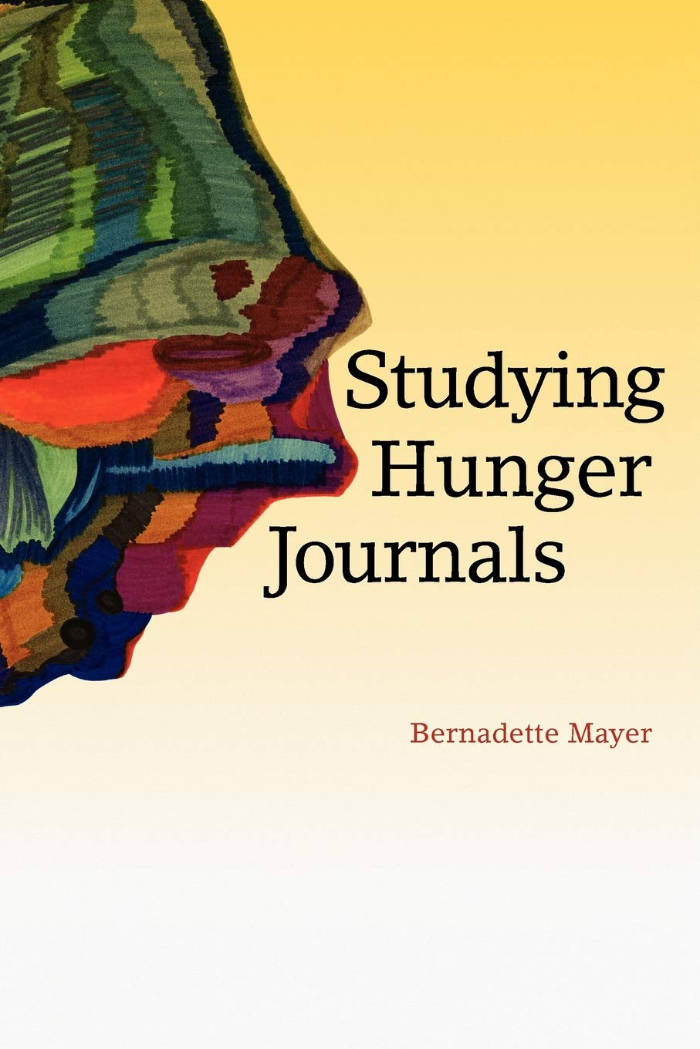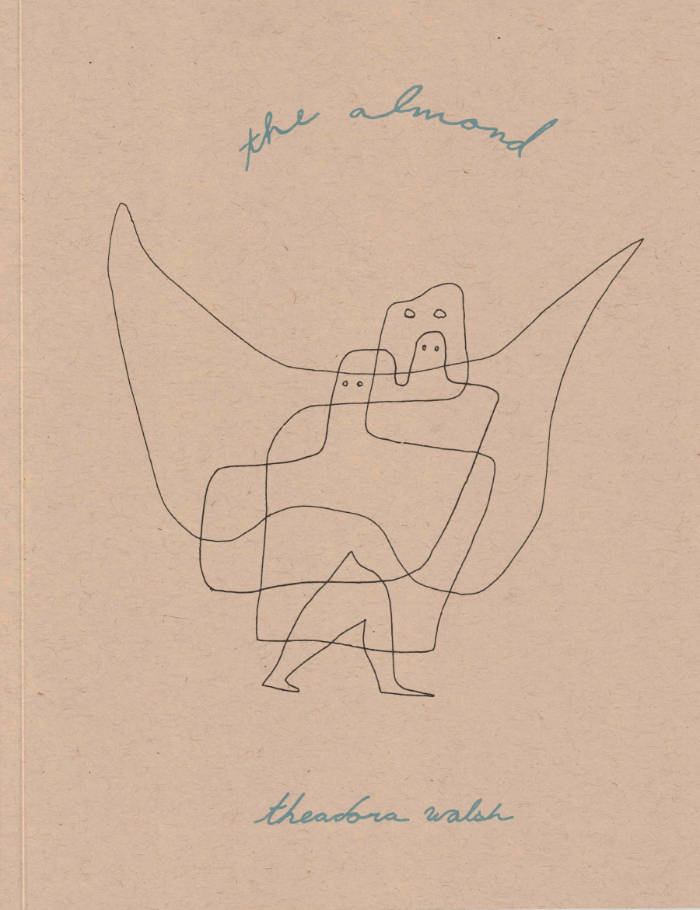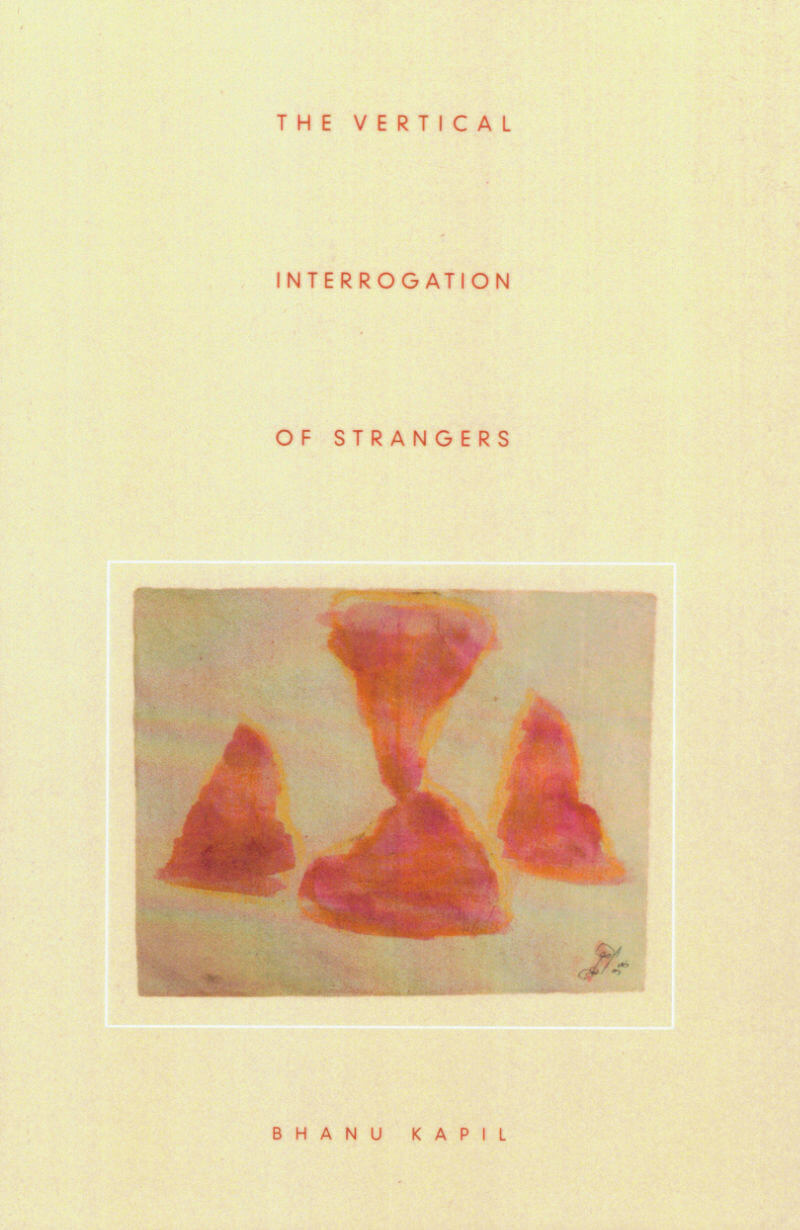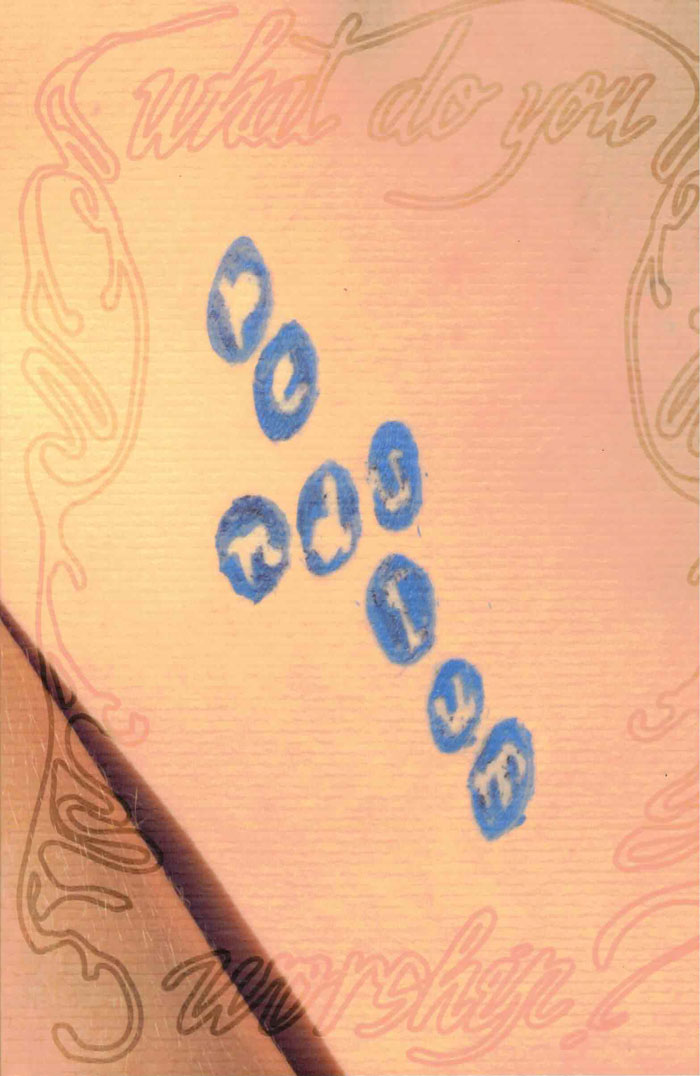
Corona
Paul Celan, arguably one of the mid-20th century's most important German-language poet, is commonly pigeonholed as a poet of the Holocaust, a term, however, he never used. Undoing facile assumptions about Celan, CORONA charts a more idiosyncratic and personal path through Celan's large oeuvre, choosing 103 poems from among the more than 900 Celan published.
The bilingual selection includes work from all of Celan's periods and genres. Without ignoring the poet's well-known work of memory and memorialization, it seeks to open a space for new appreciation of Celan's love poems, as well as his poems on political events, painful reflections on his stays in mental hospitals, and quasi-burlesque verse.
Susan H. Gillespie's translations are characterized by their ease of diction and their attention to the "somatic" and rhetorical aspects of Celan's lines, their sound, gait, tone, and gravity, as well as to their internal and external echoes. The latter, elucidated in notes to the poems, include references to other poets and to Celan's wide readings of everything from specialized dictionaries to other writers, what Roman Jakobson called their "poetic etymology." "Here, poetry is not what gets lost in translation," writes Gillespie in the Introduction, "it is, itself, an act of translation, of experience and thought, into new language."
Language: English







